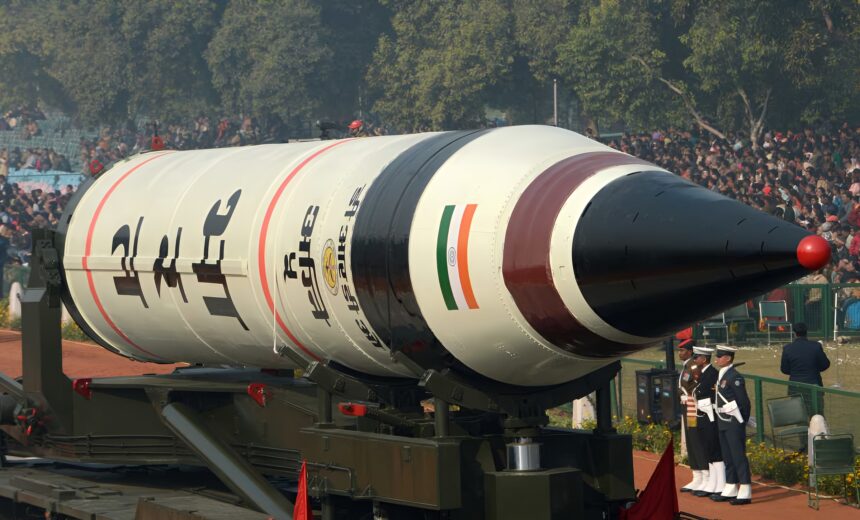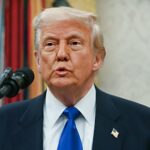The world’s geopolitical landscape is shaped by the formidable power of countries with nuclear weapons.
As of 2025, nine nations are confirmed to possess nuclear weapons, each with varying stockpiles and strategic intentions.
The countries with nuclear weapons include the United States, Russia, China, the United Kingdom, France, India, Pakistan, North Korea, and Israel.
The U.S. and Russia dominate, collectively holding over 90% of the world’s estimated 13,000 nuclear warheads, according to the Federation of American Scientists.
Below is a breakdown of the countries and their approximate nuclear stockpiles:
Russia: Over 5,500 warheads, the largest stockpile.
United States: Around 5,044 warheads, with some deployed in other countries.
China: Approximately 600 warheads, with the stockpile growing.
France: Around 300 warheads, with a reduced arsenal.
United Kingdom: Roughly 225 warheads.
Pakistan: Estimated 170 warheads, with ongoing development.
India: Estimated 160 warheads, with an ongoing arms race with Pakistan.
Israel: Maintains an undeclared stockpile of around 80 warheads.
North Korea: Possesses a small number of warheads, with ongoing development.
Pan-Atlantic Kompass also reports that there is a treaty on the Non-Proliferation of Nuclear Weapons.
The agreement of July 1, 1968, signed by the United Kingdom, the United States, the Soviet Union, and 59 other states, under which the three major signatories, which possessed nuclear weapons, agreed not to assist other states in obtaining or producing them.
The treaty became effective in March 1970 and was to remain so for 25 years. Additional countries later ratified the treaty; as of 2007 only three countries (India, Israel, and Pakistan) have refused to sign the treaty, and one country (North Korea) has signed and then withdrawn from the treaty.
The treaty was extended indefinitely and without conditions in 1995 by a consensus vote of 174 countries at the United Nations headquarters in New York City.
The Non-Proliferation Treaty is uniquely unequal, as it obliges non-nuclear states to forgo the development of nuclear weapons while allowing the established atomic states to keep theirs.





